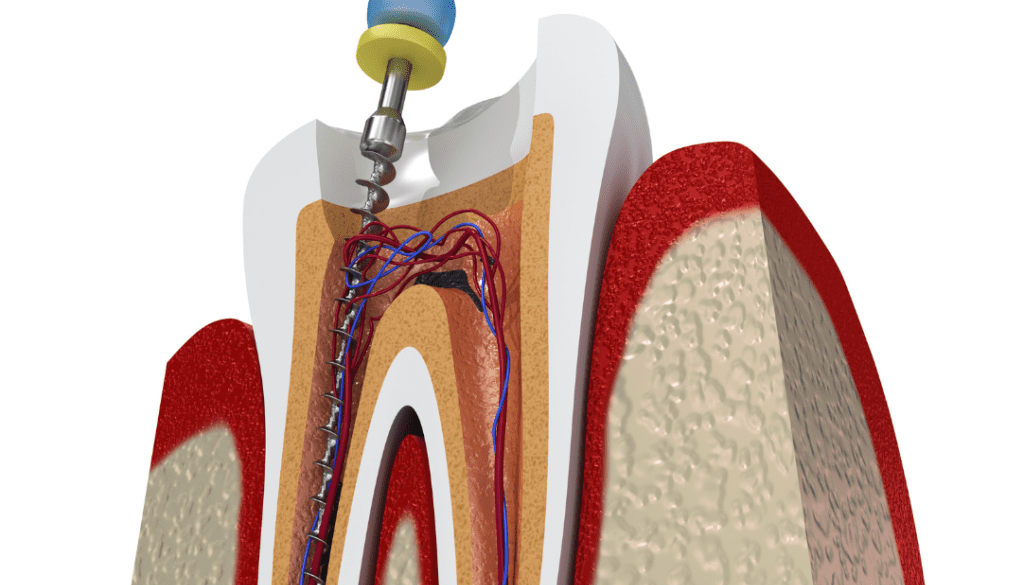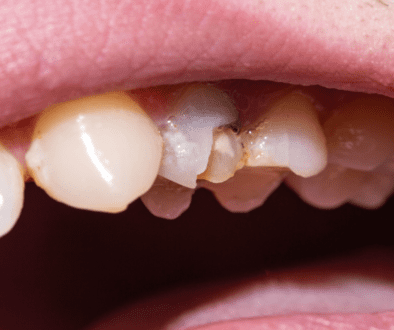A root canal is a dental procedure that is performed to remove infected pulp or damaged tissue from inside a tooth. If you have a severe toothache, you may be wondering if you need a root canal. Here are several warning signs that you may need this procedure.
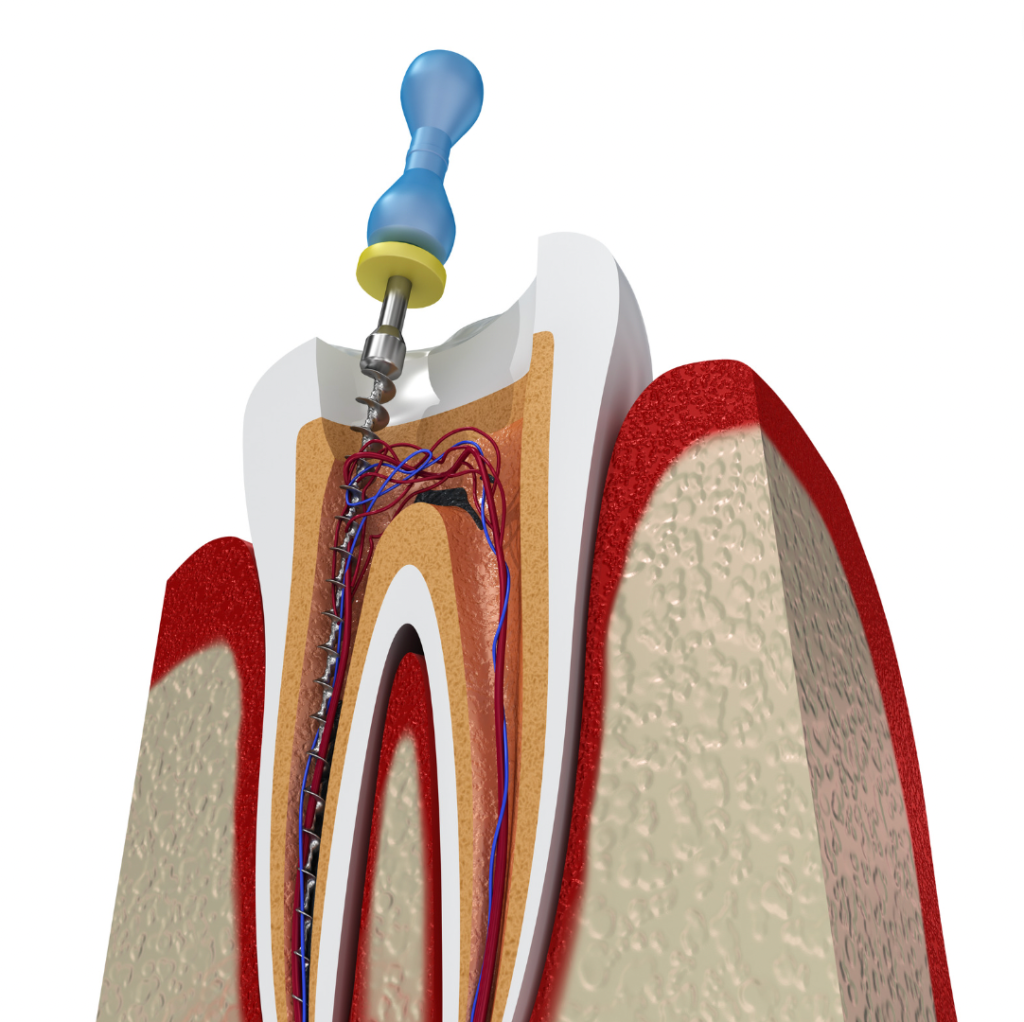
Persistent Tooth Pain
If you have a toothache that persists even after taking over-the-counter pain medication.
The pain may be throbbing or constant, and it may be accompanied by swelling or tenderness in the gum area.
Sensitivity to Heat or Cold
You may need a root canal if you experience sensitive teeth to hot or cold temperatures. This is because the nerve inside the tooth may be damaged or infected.
You may feel a sharp, intense pain when you eat or drink something hot or cold, and the pain may linger even after you remove the source of the temperature change.
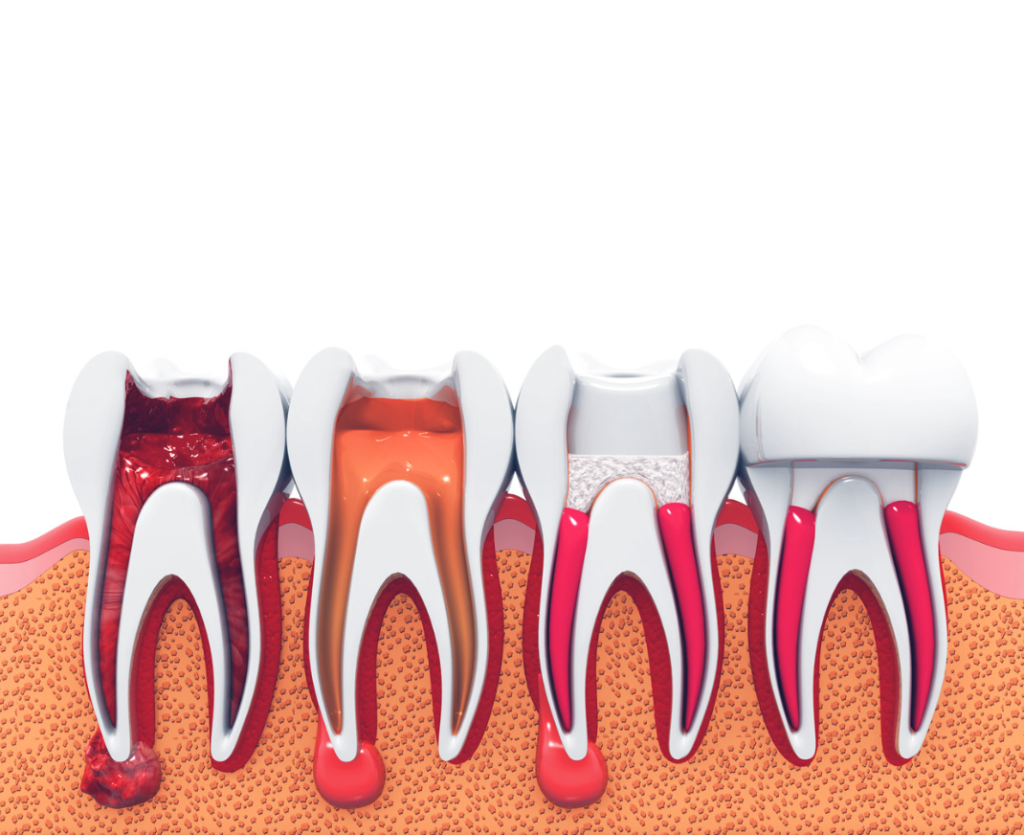
Discolouration of the Infected Tooth
If you notice that one of your teeth has become discoloured or darkened, you may need a root canal. This tooth discolouration is caused by the death of the nerve inside the tooth, which can be a sign of infection or damage.
A chipped or Cracked Tooth
If you have a damaged tooth, it’s important to get it looked at right away. Even if you don’t feel any pain or discomfort, the damage to your tooth can expose the nerve inside, leading to infection or inflammation.
If left untreated, this can progress to the point where a root canal is necessary. Getting your tooth examined and treated early can prevent further damage and help you avoid more invasive and costly procedures down the line.
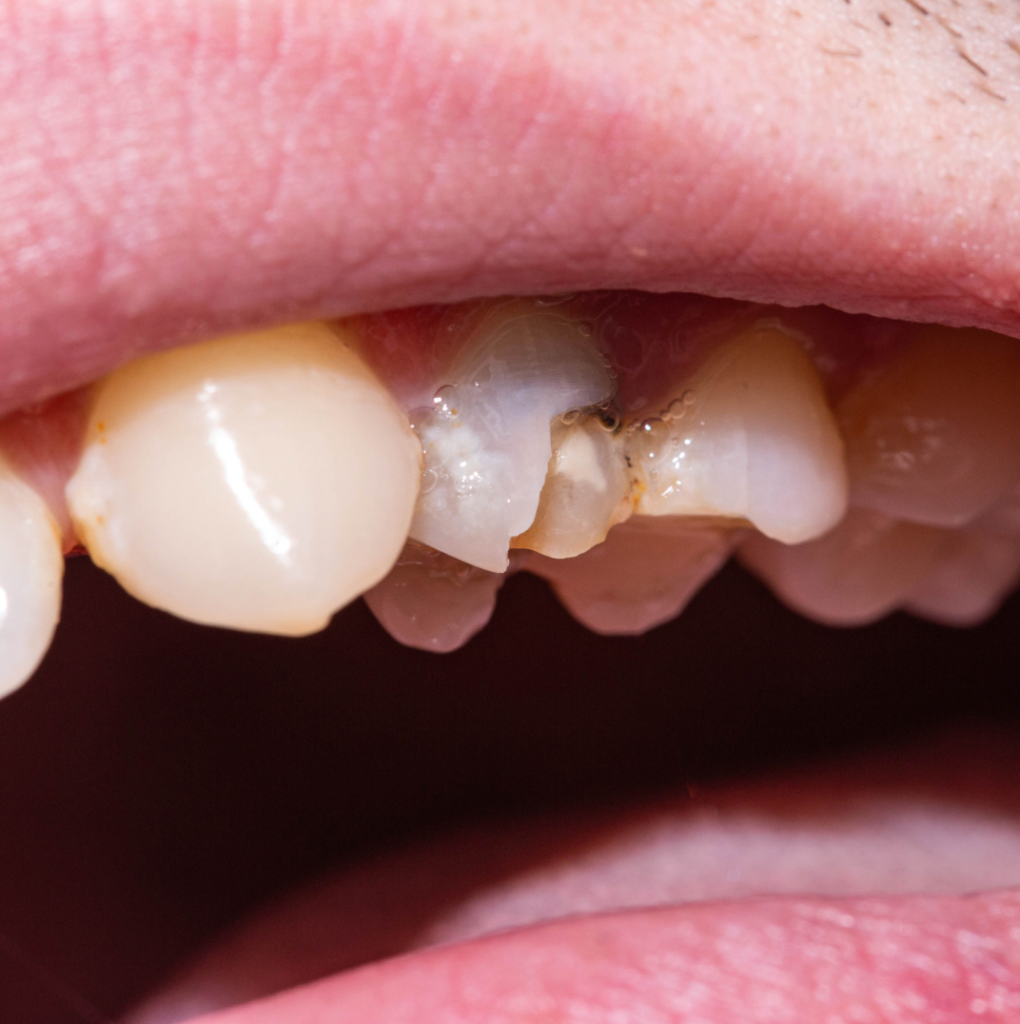
A History of Dental Work
If you have had a lot of dental work done on a particular tooth, such as fillings or crowns, you may need a root canal. This is because repeated trauma to the tooth can cause nerve damage inside, leading to infection or inflammation.
Swelling or Tenderness in the Gums
If you notice tender or swollen gums around a particular tooth, you may need a root canal. This is because the infection or damage inside the tooth can spread to the gums and cause inflammation.
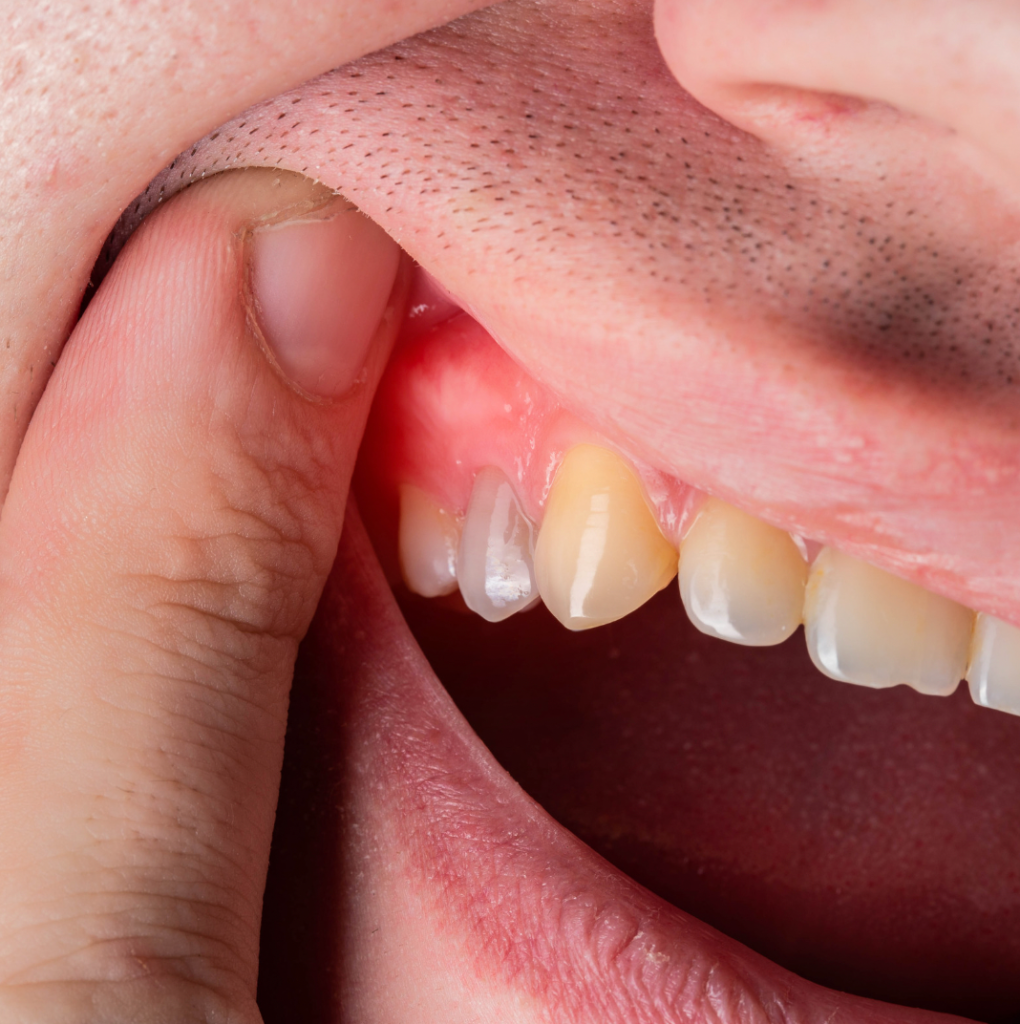
When to See Your Dentist
If you experience any of the above, it is important to see your dentist as soon as possible. Your dentist can examine your tooth and determine if a root canal is necessary.
Delaying treatment can lead to further complications, such as abscesses or the spread of infection to other parts of the body. It is important to seek emergency dental treatment as soon as possible to prevent these complications and save your tooth.
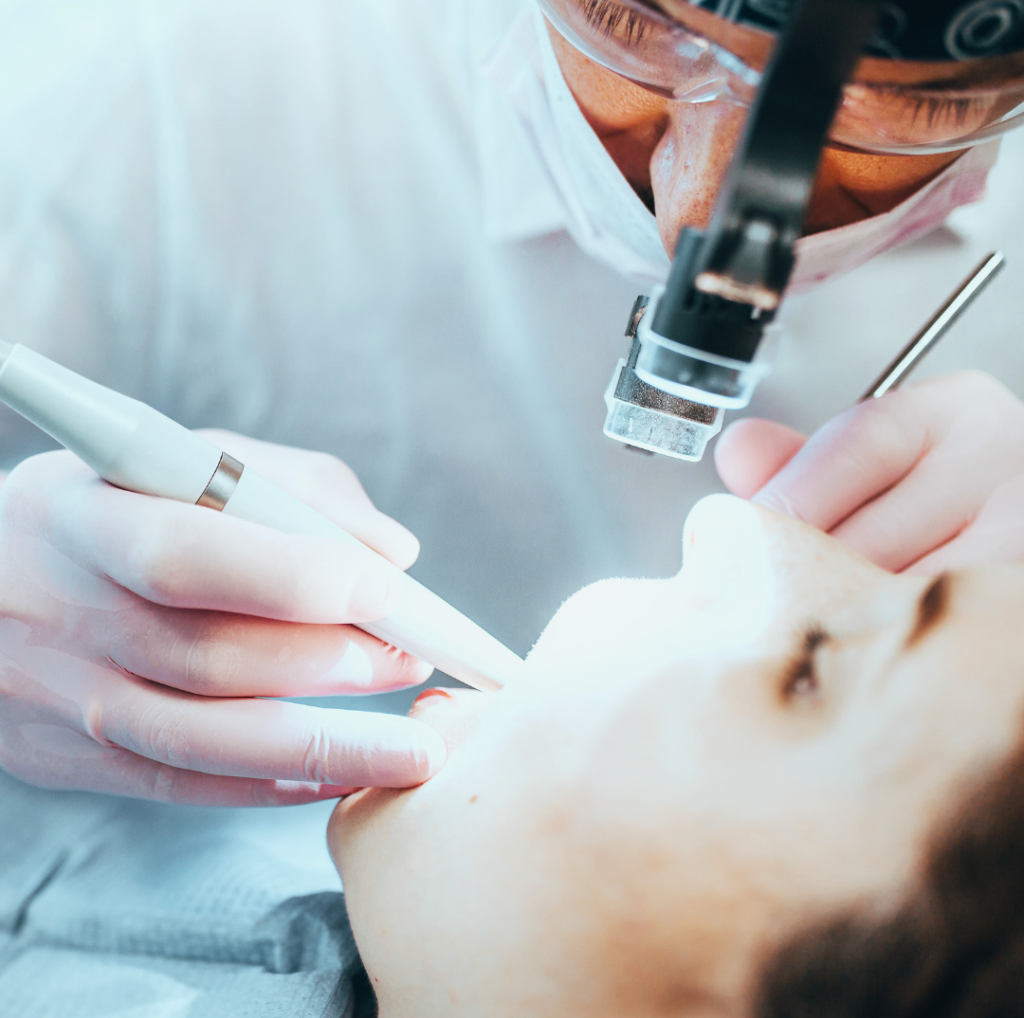
The Root Canal Treatment
If your dentist determines that you need a root canal, here is what you can expect during the root canal procedure itself:
- Local Anesthesia: Your dentist will use a local anaesthetic to numb the area around the affected tooth.
- Access: Your dentist will make a small hole in the top of the tooth to access the infected or damaged tissue.
- Removal: Your dentist will remove the infected or damaged internal tissue from the tooth.
- Cleaning: Your dentist will clean the inside of the tooth to remove any remaining debris or bacteria.
- Filling: Your dentist will fill the inside of the tooth with a special material to prevent further infection.
- Restoration: Your dentist will place a filling or crown on top of the tooth to restore its function and appearance.

How To Prevent The Need For Root Canal
Preventing the need for a root canal starts with good oral hygiene practices. Brushing twice a day with fluoride toothpaste and flossing daily can help prevent the buildup of plaque and bacteria that can lead to tooth decay and infection.
It’s also important to visit your dentist regularly for checkups and cleanings. A dentist can detect and treat early stages of decay or damage before they progress to the point of needing a root canal. Avoiding hard and sticky foods can also help prevent tooth damage.
If you play sports, wear a mouthguard to protect your teeth from injury. Finally, if you have a history of dental work on a particular tooth, such as fillings or crowns, make sure to take good care of that tooth to prevent further damage and the need for a root canal.
Get In Contact With A Dentist Today!
Recognising the signs that you need a root canal is crucial in maintaining good oral health. These are just some of the common signs to look out for, but it is essential to see a dentist as soon as possible if you experience any unusual symptoms to prevent root canal surgery or further complications.
Practising good oral hygiene, visiting your dentist regularly, and avoiding hard and sticky foods can also help prevent the need for root canal procedures. Remember that prevention is always better than cure when it comes to your oral health. Book your dental checkup with a dental professional at Chrysanth Dental Care in London today!

